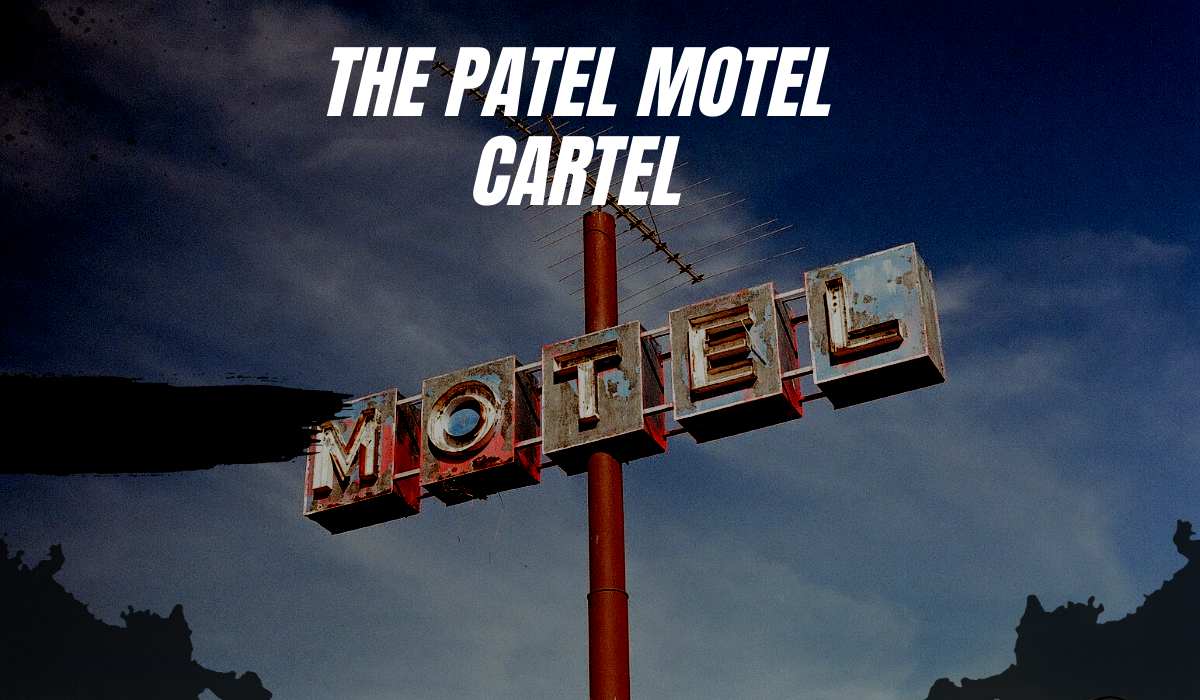When Jayantibhai Patel immigrated to the United States in the early 1970s, he worked very hard to make his life a success in the new country he had known little about. He held down a job at a bank in San Francisco during the day, and at night he worked at the Vincent Hotel, a property he had acquired in the city’s Tenderloin district.
Patel’s commitment and hard work paid off, and by the 1980s he and his two sons were running multiple motels and hotels in California. Today, after Patel’s death, his granddaughters are continuing the family business and carrying it forward.
The success of Patel and his family reflects the rise of Indian Americans in the U.S. motel industry. More than 40 percent of the motels in the United States are owned by Indian Americans, and 70 percent of them are Gujaratis based on a 2015 report by Washington Post.
Many of the Indian American motel owners in the United States come from the industrious Patel community in Gujarat state. Due to their dominance in the industry, they have been jokingly referred to as the “Patel Motel Cartel.”
Growing up in motels run by their immigrant parents, many second and third-generation Gujaratis in the United States have continued the entrepreneurial spirit and ethic of hard work, which they are now applying to modernize the businesses they inherited and establish new businesses of their own.
Indian Americans have a long history in the United States, with many arriving in the country as early as the late 19th century. However, it wasn’t until the latter half of the 20th century that a significant number of Indian Americans began to enter the motel industry.
One of the key reasons for this was the passage of the Immigration and Nationality Act of 1965, which abolished the previous quota system that had heavily restricted immigration from non-European countries. This act opened the doors for many Indian Americans to come to the United States and pursue their dreams.
Another factor was the rise of the motel industry in the post-World War II period. As Americans took to the roads in search of leisure and adventure, the demand for affordable, convenient lodging skyrocketed. Motels, with their low costs and easy access to highways, became an attractive option for travelers.
The first Gujarati hotelier in the United States was a man named Kanji Manchhu Desai, who joined two Gujarati farmworkers in California in 1942 to take over a 32-room hotel in Sacramento, California, after the property’s Japanese-American owner was forced to report to a World War II internment camp.
According to Mahendra Doshi, a California-based historian who is working on a book about early Gujarati hoteliers in the United States, Desai moved in 1947 to the Hotel Goldfield in San Francisco, whose doors were always open to new immigrants from Gujarat. He encouraged them to enter the hospitality business: “If you are a Patel, lease a hotel.”
Many Indian Americans who entered the motel industry followed the advice of others who had already found success in the field. This often involved giving each other informal loans without collateral or a fixed payment schedule, trusting that the money would be repaid when the borrower was capable.
Once a family had purchased a motel, they would often live on the property and perform all the necessary tasks to run it, such as cleaning rooms and checking in guests. This allowed them to save on labor costs and put all their profits back into the business.
That helped keep costs down, and profits went toward acquiring new motels. By the 1980s Gujaratis had come to dominate the industry.
For many second-generation Gujaratis who were raised in a motel run by their parents, life was hard.
Manoj Pandoria, a cheerful 47-year-old man with bright eyes, grew up at the Holiday Motel in Rocky Mount, North Carolina, which his parents took over in 1981, soon after his family moved to the United States.
Set on three acres in the middle of pine forests and cornfields, the 23-room property was a lonely place to live as a child. “My weekends were spent cleaning rooms with my parents,” Pandoria says.
No boundary existed between work and life. “Any time that someone wanted a room or wanted to buy a snack or needed toilet paper, or anything, they would come to the office,” he recalls, “and we would have to stop whatever we were doing and serve that client.”
The only playmates Pandoria and his siblings had were some kids who lived in a trailer on the other side of the highway. That’s why they loved the summers when the motel’s swimming pool would attract kids from the neighboring areas.
After college, Pandoria worked at IBM and at a hotel before starting a chain of beauty spas. (His parents sold the motel to a Patel family.) Looking back, he says he owes his entrepreneurial drive to his growing-up years. “I saw my dad working in the middle of the night,” he says.
His mother had to straighten up rooms every morning without fail, no matter how tired she was. To succeed requires diligence, he says: “Hard work is not an option.”
Indian Americans have not only flourished in the motel industry, but they have also helped to transform it. Many Indian American motel owners have modernized their properties and added amenities such as swimming pools and fitness centers to attract a more upscale clientele.
They have also introduced new management and marketing strategies to better compete with larger hotel chains.
Apart from bringing new innovations to grow business, Indian American motel owners have also made a point of giving back to their communities. Many have donated generously to local charities and causes, and have provided jobs and economic opportunities for other members of their communities.
The rise of Indian Americans in the motel industry is a tremendous success story. Indian American motel owners have worked hard, shown determination, and used their entrepreneurial skills to build successful businesses for themselves.
Along the way, they’ve also changed the motel industry and given back to their communities. It’s a pretty impressive feat.



